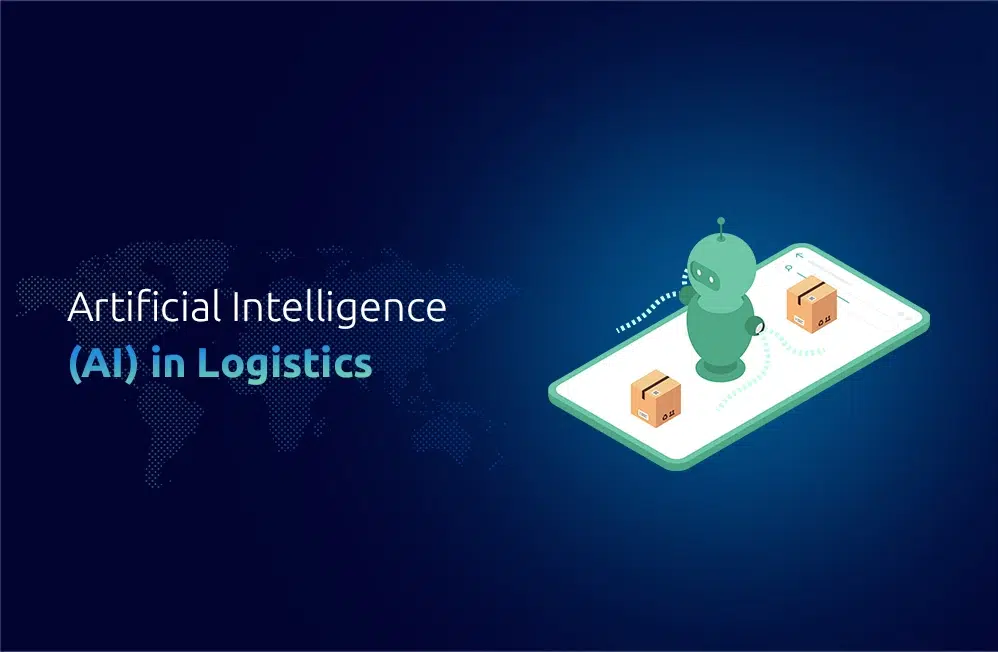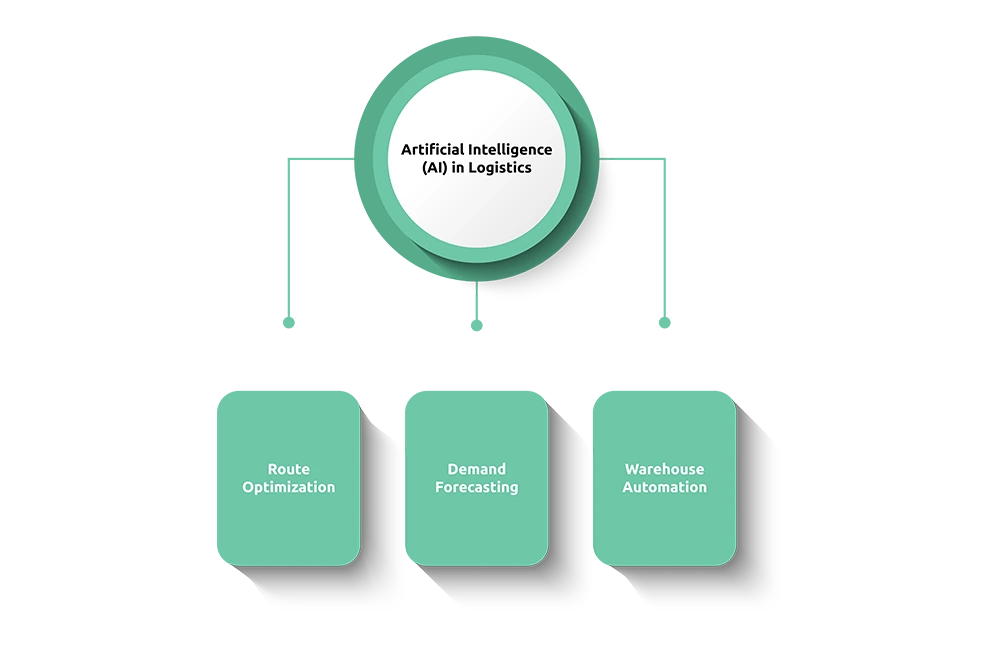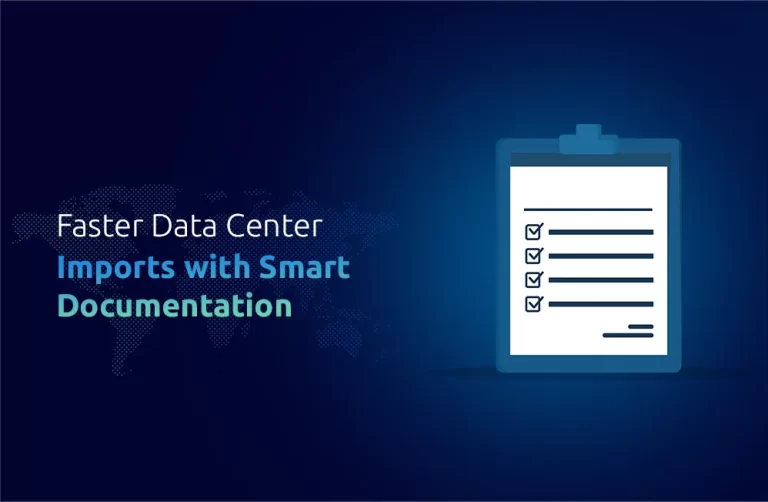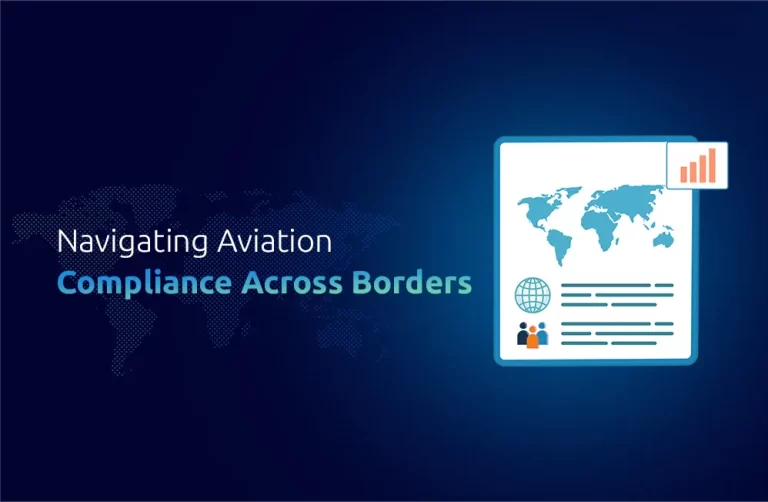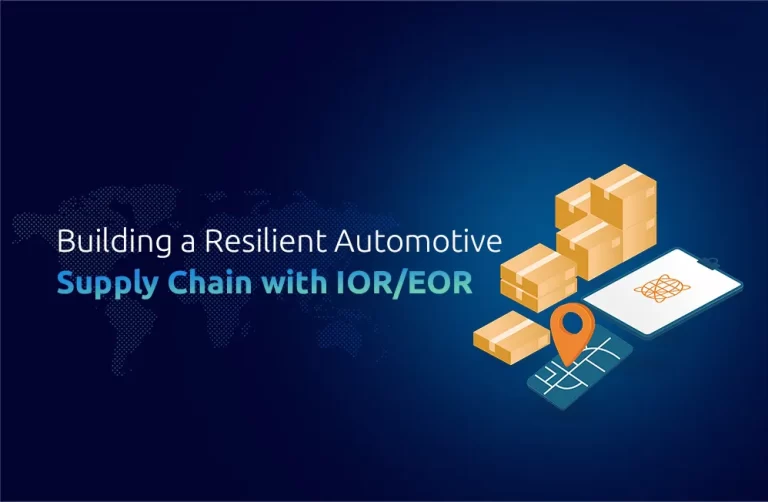AI in logistics: Changing supply chains around the world
The logistics business is very important to the world economy because that makes it easy for equipment to move through countries and regions. The fast growth of e-commerce, globalization, & higher customer expectations is making it hard for old ways of doing logistics to cope-up. AI is new technology, that is changing the way things are done by automating chores, making better use of resources, and allowing people to make smarter choices.
We’re going to talk about how AI has changed logistics by looking at its uses, and how AI could change the future of supply chains. AI is the creation of computer programs and algorithms that can look at data, do jobs, and keep learning and getting better while performing it. In logistics, AI is used to plan routes, keep track of goods, and figure out when maintenance will need to be done more accurately, faster, and for less money. AI helps transportation companies eradicate most of the work that needs to be done over and over again. It also improves the supply chain & give real-time data that helps it make more informed decisions.
What Artificial Intelligence Can Do for Logistics
AI is a key part of simplifying processes and making the customer experience better. AI speeds up processes and cuts down on mistakes made by humans by automating routine jobs like sorting, labelling, and inventory checks. It also finds the best delivery ways in real-time, which cuts costs and speeds up delivery times. AI improves forecasting by looking at both past and present data to guess what people will want. This keeps inventory levels at the right level and supply lines running smoothly. AI also improves customer service by letting you track things in real time, send customised messages, and solve problems faster. This makes the whole experience smoother and more clear for customers.
AI is changing the transportation business by making things run more smoothly and giving customers better experiences. AI helps cut down on mistakes made by people by automating jobs like sorting, labelling, and inventory checks. It also speeds up processes, which makes operations more efficient. In real-time, it also finds the best delivery methods, which cuts down on costs and delivery times. AI can signify demand by looking at both historical and real-time data. This ensures that inventory levels are always just right and that supply chains stay efficient.
AI for discovering the best routes
Planning routes efficiently is key to lowering delivery costs and boosting client satisfaction, and AI is a key part of this process. AI-powered systems look at real-time information like weather patterns, delivery dates, and traffic patterns to find the best routes. Some of the most important benefits are less fuel use, faster delivery times, and safer transportation for the carriers. For example, delivery companies use AI to change routes on the fly, making sure that packages get to their targets on time, even when traffic is heavy or the weather is unpleasant. Businesses can give customers a better, more reliable experience by making routes more efficient.
Inventory management based on AI
Managing inventory is an important part of shipping, and technologies that use AI are making it easier than ever to do. These tools help companies keep real-time records of the stock, estimate how demand will change, and automate the process of restocking. Key features include keeping track of inventory amounts in real-time, finding a stock that isn’t moving quickly or is too much, and automatically restocking. AI helps companies manage their inventory by making sure they don’t have excessive or insufficient equipment/goods, lowering the cost of storage, and improving the efficiency of stores. AI can help businesses make sure they have the right things on board at the right time. These changes improve business and make customers pleased.
How to Estimate the Market
Supply chains need to be able to forecast demand accurately, and AI is a big part of making this process better. AI can very accurately guess what people will want to acknowledge in the future by looking at a lot of different kinds of data, like past sales, market trends, and behavior among customers. This is important because it helps keep supply at the proper level, cuts down on debris from making too much, and avoids running out of entities, especially during busy times. AI-powered demand forecasting can help traders and suppliers better match the production and distribution plans with what customers actually want. In this way, they can meet demand more efficiently without having insufficient or extra stock.
Why AI is useful in logistics
A lot of positive changes happen in logistics because of AI. It makes things more affordable, quicker, and more sustainable. AI can save much money by automating routine jobs, cutting off errors, and making the best use of resources. It also makes operations more efficient by speeding up tasks and letting people make better choices. In terms of sustainability, AI helps cut down on carbon pollution by finding the best routes and best ways to use resources. Also, AI systems are very flexible and can be smoothly extended to meet the needs of growing businesses. All these benefits make AI an important tech for making logistics processes more efficient and environmentally friendly.
The Future of AI | Logistics
AI could bring many exciting changes to logistics shortly, and new technologies will further advance it. Self-driving cars, and AI-powered trucks & drones, will revolutionize last-mile delivery & make transport faster, with more cost-effectively than ever before. Robots/AI-enabled warehouses will become smart warehouses that optimize efficiency across all warehouse tasks, from picking to packing, making them more productive overall. Integrating AI & the blockchain will also make supply chains more open and easy to track, leading to greater trust and accountability among suppliers and buyers. Companies that utilize these new ideas will not only benefit from smoother operations but will gain an edge in an ever-evolving tech market.
Integrating AI with Trade Regulations: Enhancing Compliance and Efficiency in Logistics
Incorporating AI into logistics not only enhances operational efficiency but also aligns with international trade practices, such as the use of Harmonized System (HS) codes, the Generalized System of Preferences (GSP), and Incoterms. HS codes are essential for classifying goods in international trade, and AI can automate the process of assigning these codes, ensuring compliance and reducing the risk of errors during customs clearance. Additionally, AI can help businesses take advantage of GSP benefits by identifying eligible products that qualify for reduced tariffs, ultimately lowering import costs. Furthermore, understanding and applying Incoterms through AI-driven systems can streamline logistics operations by clarifying the responsibilities of buyers and sellers in the shipping process. This integration of AI with trade regulations not only simplifies compliance but also enhances the overall efficiency of supply chains, allowing businesses to respond more effectively to market demands.
In conclusion
AI is not just a trend; it’s what operations will be like in the future. AI has a lot of unique ways to make things more efficient, cut costs, and make customers happier. Some examples are predictive maintenance, route optimization, inventory management, and demand forecasts. To use AI at its fullest, we need to deal with difficulties such as high application costs, poor data quality, & a lack of skilled workers. Companies that invest in AI will not only fix problems in the present but also make sure that their operations are successful in the future.
At One Union Solutions, we know that AI has the potential to change business in big ways. Businesses can use our customized services to help add AI-powered equipment for proactive upkeep, inventory management, and finding the best routes. We help you get past problems like integrating data and a need for more skilled workers so that the switch to AI-powered processes goes smoothly. Businesses can get the most out of AI by working with us. This will lead to smarter, more efficient supply lines that give customers great experiences.
Did You Know that,
As per the World Economic Forum, the artificial intelligence could boost the GDP globally to $15.7 trillion by 2030. This would mostly be due to better supply chain and logistics efficiency.
FAQ’s
- What role does AI plays in logistics?
Ans: AI speeds up operations by automating routine tasks In logistics to find out the best routes, keeping track of supplies, and making better predictions about demand. This cuts costs and improves efficiency.
- How does AI help with keeping track of the inventory?
Ans: AI makes inventory management more promising by tracking equipment/goods in real time, predicting demand, and automatically restocking shelves. This stops warehouses from having too much or too little supplies and increases their efficiency.
- What are the problems that come up when AI is used in logistics?
Ans: Some of the biggest problems are high implementation costs, bad data, a lack of skilled workers, and worries about privacy and security. To solve these problems, careful planning and funding are needed.
- How does AI make the logistics experience better for customers?
Ans: AI can improve the customer experience by tracking the movements in real-time, offering quick help through chatbots, providing personalized notifications, and predicting how to solve problems before they happen.
- What future AI holds for logistics?
Ans: The future of AI in logistics includes self driving cars, smart warehouses, blockchain integration, and more advanced predictive analytics which will make supply chain more clear & effective.

